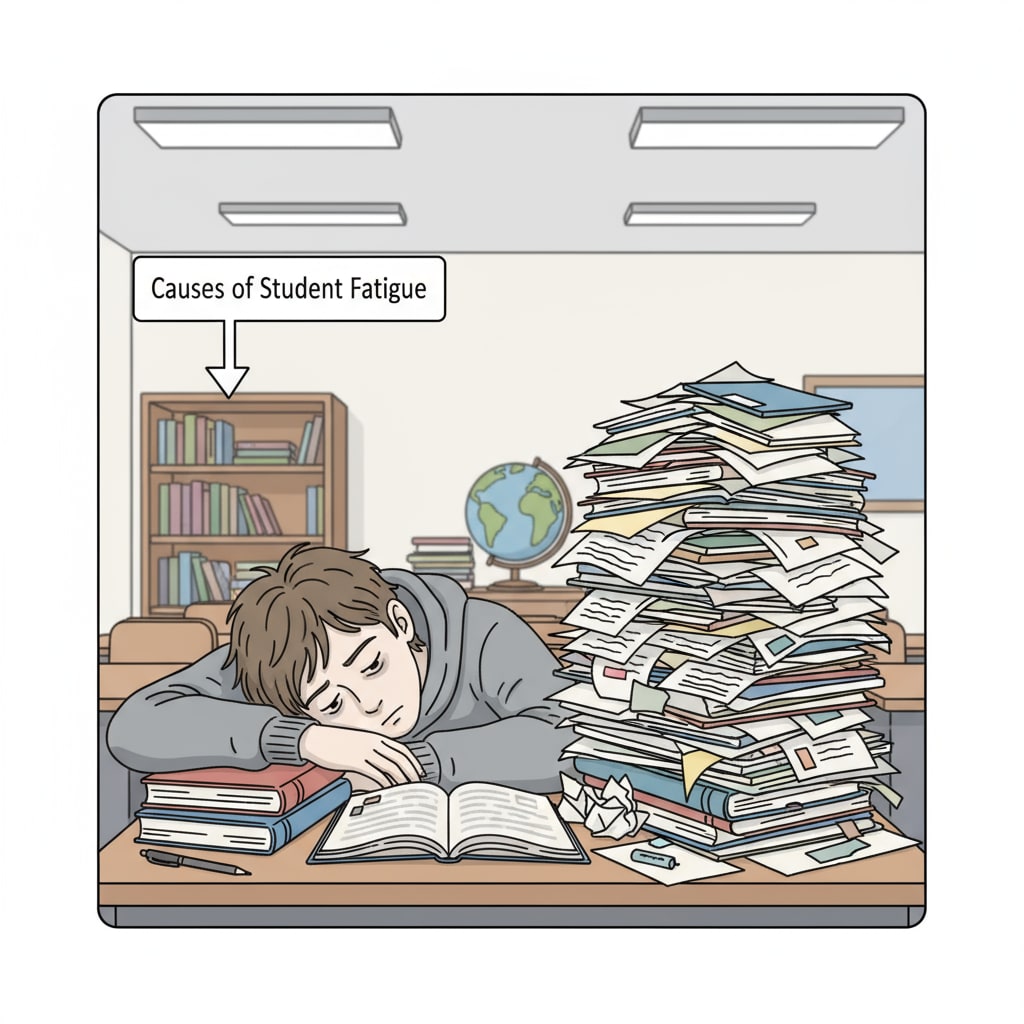The debate surrounding homework for students has been a longstanding and contentious issue in the realm of education. In the K12 system, the question of whether homework is a crucial part of learning or an unnecessary burden has sparked numerous discussions among educators, parents, and students themselves. Let’s explore both sides of this important debate.

The Case for Homework
One of the primary arguments in favor of homework is that it reinforces learning. According to Education.com, by doing exercises at home, students can solidify the concepts they’ve learned in class. For example, math homework helps students practice equations and algorithms, improving their problem-solving skills. Additionally, homework teaches students responsibility and time management. They learn to prioritize tasks and meet deadlines, skills that are invaluable in both academic and future professional settings. In addition, it allows parents to be involved in their children’s education, providing an opportunity for interaction and support.
The Case Against Homework
On the other hand, many oppose homework, stating that it can cause excessive stress and burnout among students. As reported by the American Psychological Association, heavy homework loads can lead to anxiety and depression. Some students may not have a conducive study environment at home, which can further exacerbate the problem. Moreover, there is concern that quantity often trumps quality in homework assignments. Instead of engaging in deep learning, students may rush through tasks to meet the requirements, leading to a superficial understanding of the material.

Finding a balance between the two extremes is crucial. Educators should carefully design homework assignments that are both meaningful and manageable. Quality should be emphasized over quantity, focusing on tasks that promote critical thinking and creativity. Parents can also play a role by creating a supportive study environment and setting reasonable expectations. In conclusion, the debate on the necessity of homework for students is complex, but with careful consideration and collaboration, we can ensure that homework serves as a valuable educational tool rather than a source of unnecessary stress.
Readability guidance: The above content uses short paragraphs to summarize key points. For example, under each H2, we have presented the main arguments. Passive voice has been minimized, and transition words like “however”, “additionally”, and “moreover” have been used to enhance the flow of the text.


